This summer, as per the last number of years, veterinary practitioners are faced with similar questions from a growing number of their dairy clients; ‘the milking cows are coughing, what to do?’
It seems to be a nationwide problem with little differentiation between herd size or type. Here are a few tips when dealing with such a problem.
The biggest mistake farmers make in such situations is jumping to conclusions as to the cause of the coughing.
The clinical signs of coughing can be associated with a number of disease processes. It is important to gather all the facts before making assumptions. Your farm vet should be involved in making the correct diagnosis.
Steps
Firstly, the cows should be observed at length to see how persistent the cough in the herd is. Then find out what does it sound like, what lactation cows are affected, what is the herd body condition score, etc.
Next, a clinical examination of the affected cows is necessary. Have they elevated temperatures, have they harsh lung sounds on auscultation or is it more associated with the upper airways, is there reduced milk yield, are they eating their rations, etc.
Then, farm history of vaccinations and anthelminthic treatments are important, recent stress that the cows may have been under on the farm, is grass being zero-grazed into the cows?
This information will guide the farmer and the vet towards the next step.
It may be necessary to take samples such as bloods, nasal swabs, lung washes or dung samples to try to reach a diagnosis.
The most common diagnosis is lungworm (hoose) and/or its reinfection syndrome. Other causes include viruses such as IBR, Pi3, and RSV.
They have very different treatment and control methods and may even be multifactorial.
First- and second-lactation cows are most susceptible to lungworm.
Animals gain a certain amount of immunity to lungworm as they age. This immunity develops slowly on some farms due to over-treating calves and maiden heifers for lungworm.
They cannot develop an appropriate response when they enter the dairy herd and develop a cough.
John Quille is a partner at Castle Veterinary Clinic, Castleisland, Co Kerry. Castle Veterinary Clinic is part of XLVets. XLVets is a group of progressive practices who are working together to achieve a better future for agriculture and veterinary in Ireland. For further information see www.xlvets.ie.



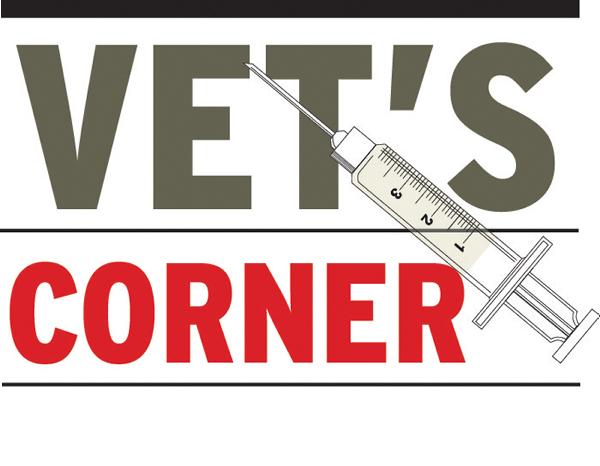

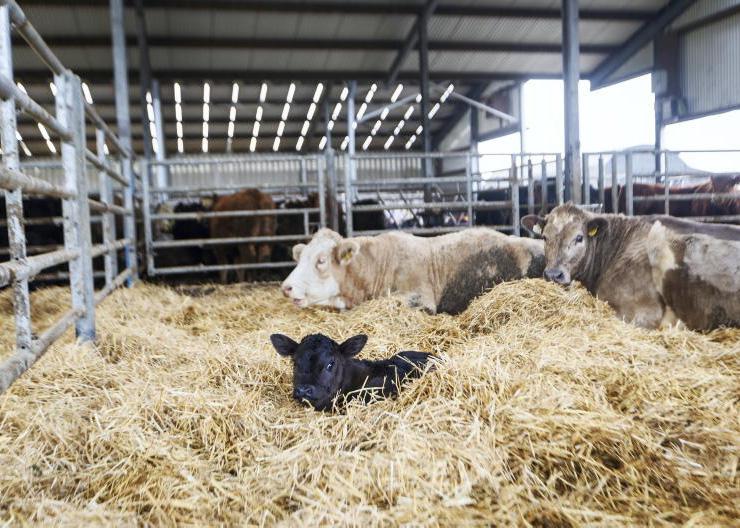

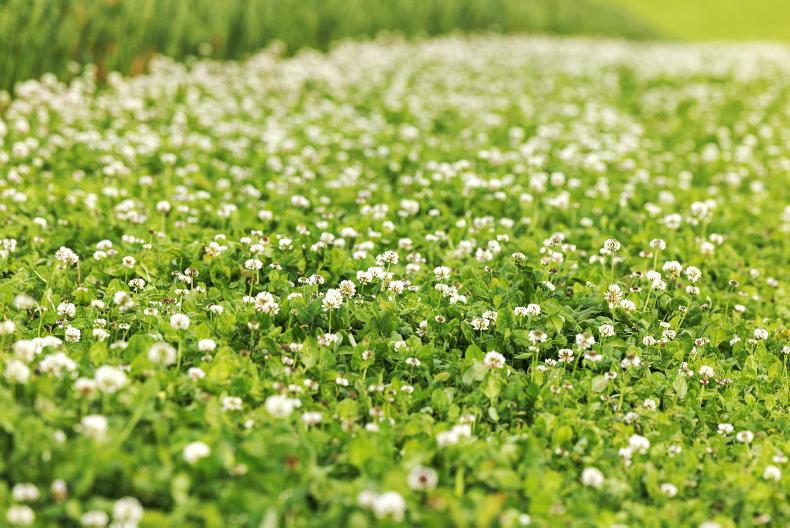
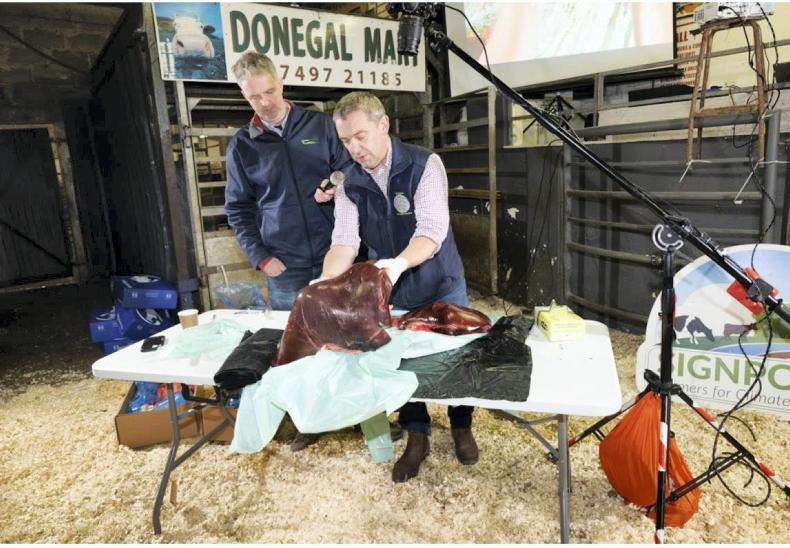
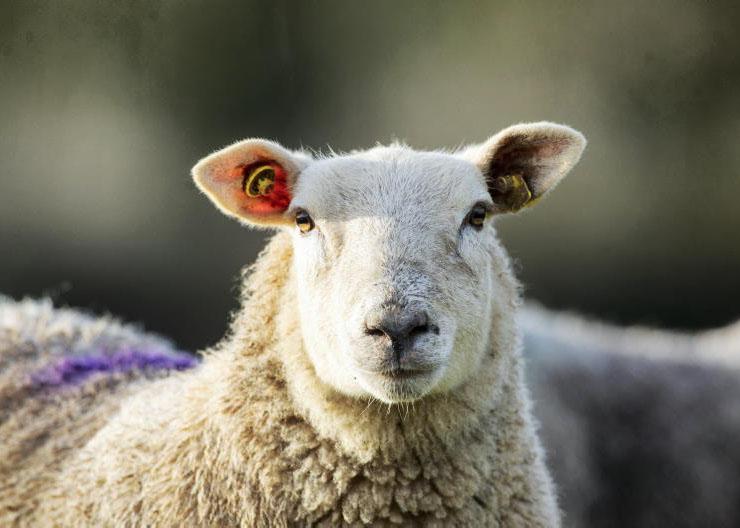
SHARING OPTIONS